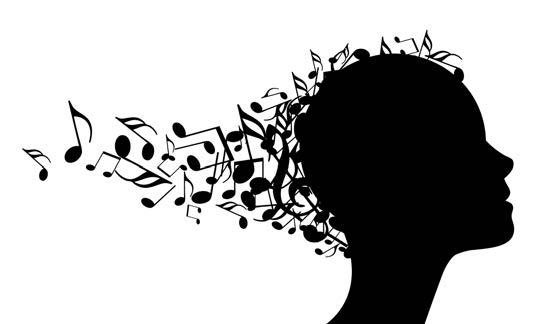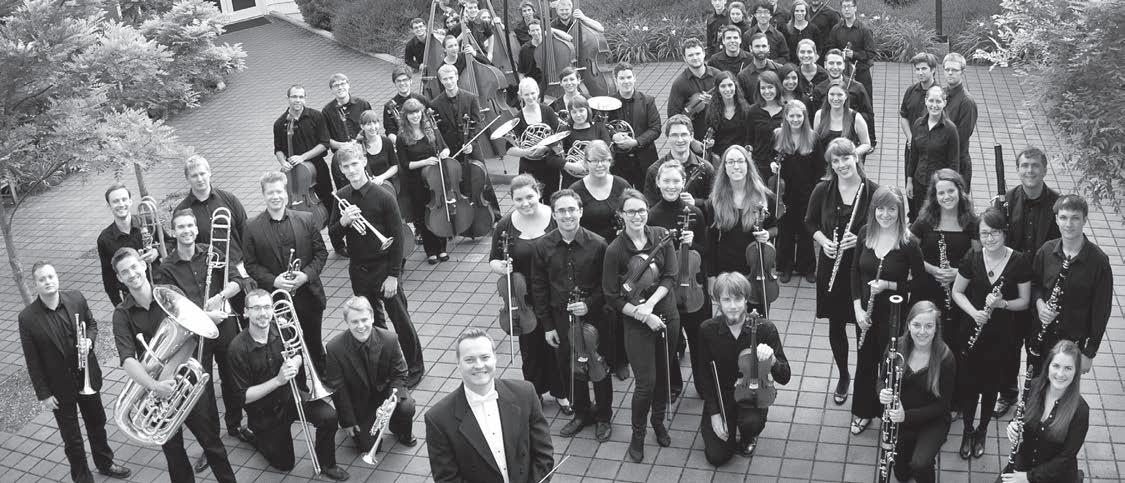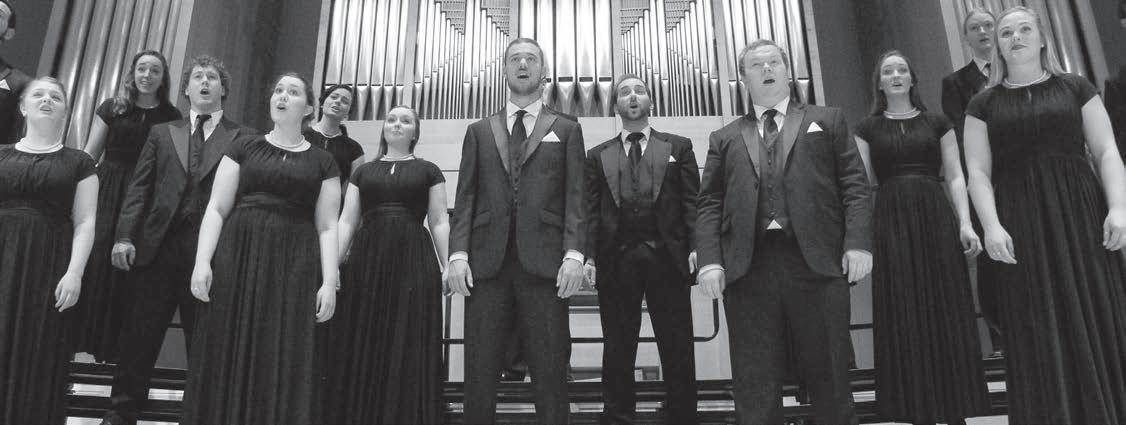
2 minute read
Changing Lives One Note at a Time continued...
type of Dr. Abreu—one who desires to see positive social change in their school through strong music programs. Music teachers, to be considered a vital school component, need to contemplate and compile convincing arguments for their administrators--rationales as to how music can create a positive atmosphere and social engineering. As Dr. Abreu says, “Poverty generates anonymity…. An orchestra means joy, motivation, teamwork, success. Music creates happiness and hope in a community” (Tunstall 2012, p. 38). Participation in a music ensemble accomplishes this because “To sing and to play together means to intimately coexist…Music is immensely important in the awakening of sensibility and in the forging of values” (Tunstall 2012, p. 38).
Can music really awaken sensibility and forge values in a community such as a school? Through recent studies, researchers suggest that indeed it can. Being a music ensemble member can create an immense sense of belonging (Bartolome, 2013) and contribute to better attendance and lower drop out rates (Catterall, Chapleau, & Iwanaga, 1999; Eason and Johnson, 2013). Music students also have a better sense of connectivity to their academics (Brown & Evans, 2002) and have higher GPAs and graduation rates (Eason and Johnson, 2013).
Advertisement
Discipline rates remain lower within music student populations, and students noted that “music classes provided them with a sense of belonging, and a place where they could feel confident and at peace within their school environments” (Eason and Johnson, 2013, p. 29).
A must read for every music teacher is Suzuki’s book, Nurtured by Love (2009). The book isn’t so much about the technical aspects of his “Talent Education” method as about his unwavering belief that all children should learn music because it is through musical training that children learn the real essence of art, which is becoming a fine person.
The real essence of art turned out to be not something high up and far off. It was right inside my ordinary daily self. The very way one greets people and expresses oneself is art. If a musician wants to become a fine artist, he must first become a finer person. If he does this, his worth will appear. It will appear in everything he does, even in what he writes. Art is not in some far-off place. A work of art is expression of a man’s whole personality, sensibility, and ability (Suzuki, 2009, p. 82).
Principals and parents want students to become “finer” people. Our schools need to cultivate a feeling of belonging and community inside its walls. To accomplish this, our children need successful and positive experiences in music, and it is the music teacher’s job to give the gift of life-long music making and appreciation to students. Administrators need to support and use our music programs to fight our culture’s poverty—economically and culturally—and recognize music education’s important role within that fight. Part of the role of music in our schools is to change lives one note at a time. Here is a final thought from Dr. Abreu that you must share with administrators.
That is why the child’s development in the orchestra and the choir provides him with a noble identity and makes him a role model for his family and community. It makes him a better student at school because it inspires in him a sense of responsibility, perseverance and punctuality that will greatly help him at school (Abreu, 2009).

We invite you to explore the premier educational institution of music and dance in the Pacific Northwest. The University of Oregon offers a large full-time, in-residence music faculty, modern rehearsal and performance venues, and 40 performing ensembles.








